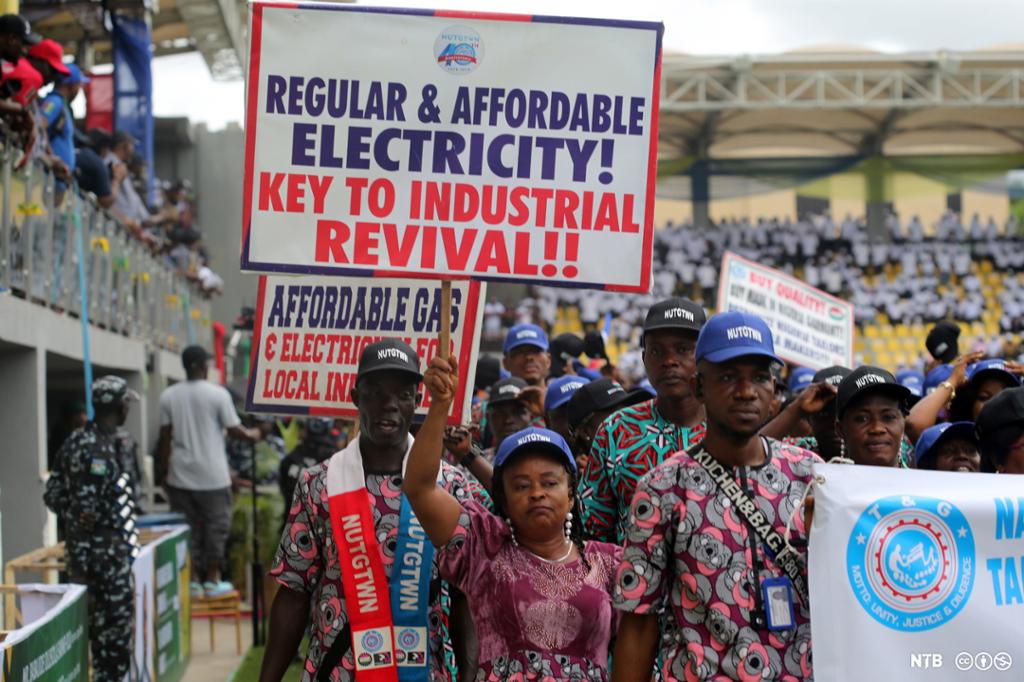The Democracy in Nigeria
Nigeria's colonial past
The British began to occupy land in what is today Nigeria in the late 1800s. The area was first ruled by the Royal Niger Company acting on charters from the British government. The Berlin Conference in 1884–1885 recognised that the British had a right to claim the area. Nigeria officially became a colony in 1914 and remained under British rule until 1960.
The federal government of Nigeria is composed of three branches: the legislative branch (National Assembly), executive branch (the president), and judicial branch (the federal courts, including the Supreme Court). Their areas of power are described in the Constitution.
However, Nigeria is described as a 'hybrid democracy' by the EIU democracy index. This means that the country displays elements of democracy and elements of dictatorship. With a score of 4.11 out of 10 (2021), Nigeria is close to being defined as an authoritarian regime. (By comparison, Norway scores 9.75.) Reasons for why Nigeria is regarded as close to becoming a dictatorship include the way elections are carried out and the results of those elections. Other areas of concern are freedom of the press, the judiciary process, and corruption in government and business. Nigeria has problems with government functioning, political participation, civil liberties, and political culture.

Nigeria is a new democracy. The country is rich in oil resources that many are interested in exploiting. Since there is a lot of money to make from oil, corruption is rife. Government officials will trade the interests of the people for lining their own pockets.
Another challenge for the Nigerian democracy is the terrorist organisation Boko Haram. Boko Haram has carried out a number of assassination campaigns, suicide bombings, and mass attacks on civilians and protection forces. Their aim is to destabilise the government and create an Islamic state.
In recent years, ordinary workers have seen an increase in wealth, as has the country as a whole. This works in favour of creating a better functioning democracy in the country.
Why is separation of powers and a constitution not enough to guarantee a full democracy in Nigeria?
How can a country combat corruption among government officials?
Should the international community help Nigeria defeat the terrorist organisation Boko Haram?
Do you think Nigeria will become more democratic in the future?
Work in pairs or alone.
Compare the system of government in Nigeria with the system of government in another English-speaking country. Also compare their status on the Democracy Index. (Find the most updated version of the Democracy Index online).
What similarities and differences do you see? What reasons can you suggest for the differences?
Find out more about Nigeria. Choose one topic to study. Share your findings in class. (Shared document or brief presentation).
the oil industry
the executive branch (the government)
the legislative branch (the National Assembly)
the Constitution
the judicial system
terrorism
everyday life